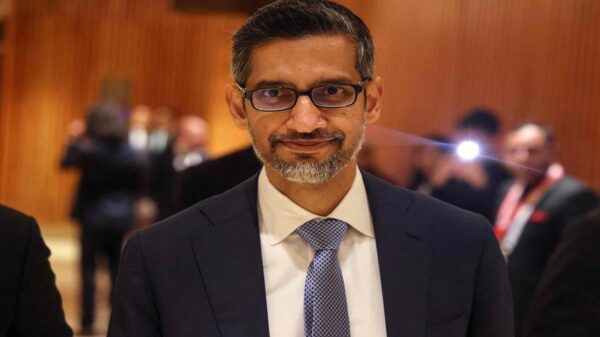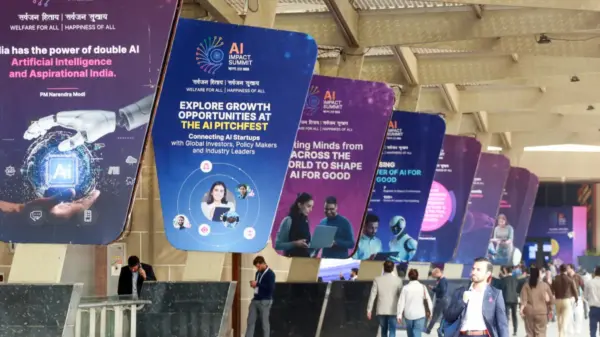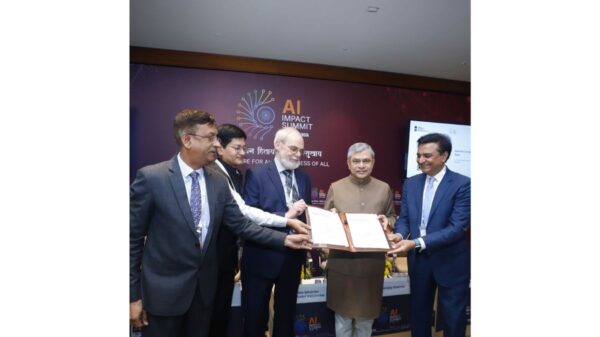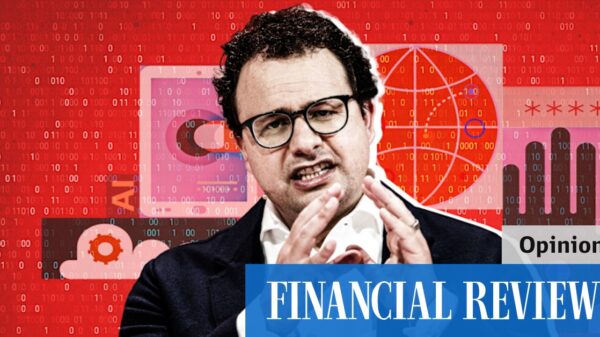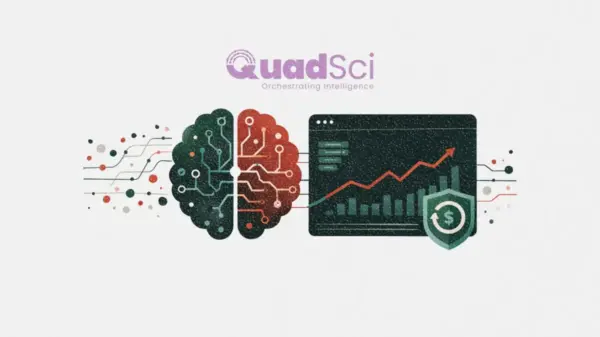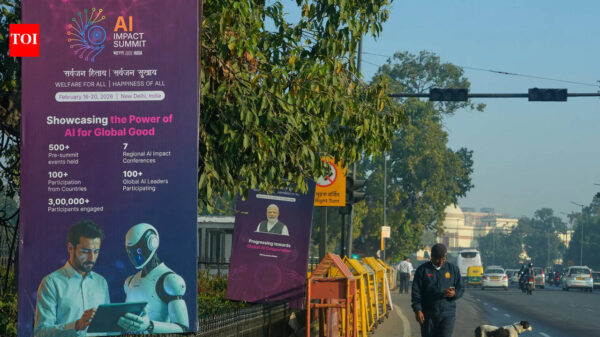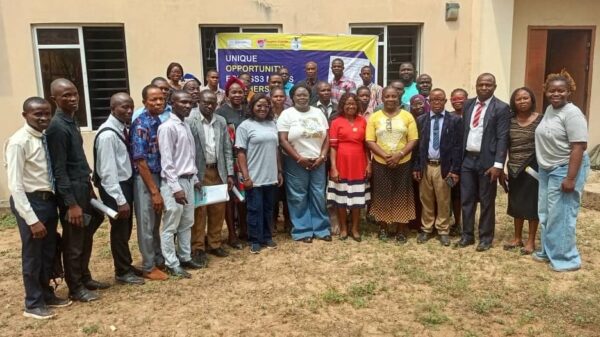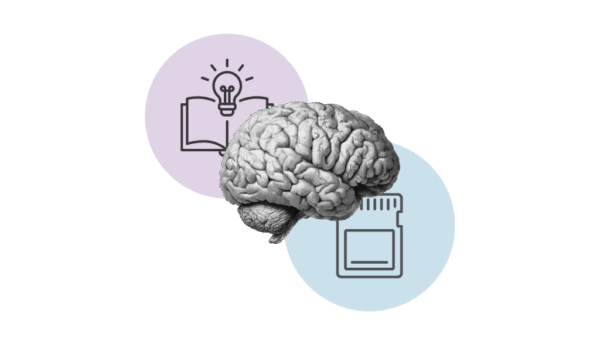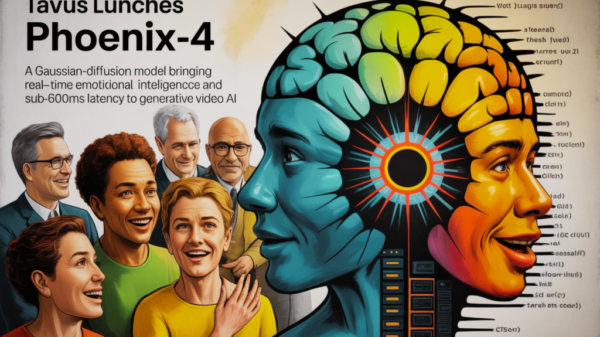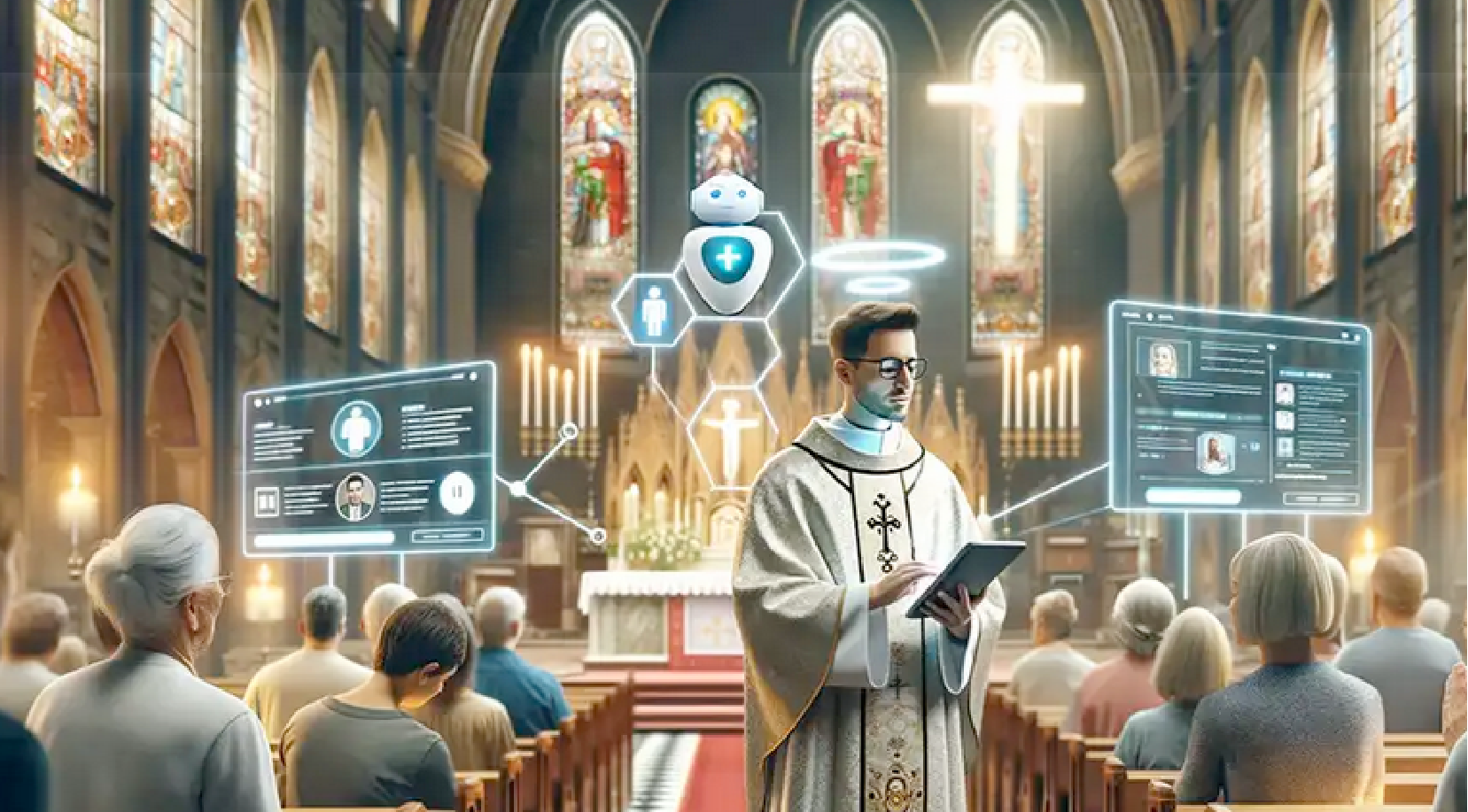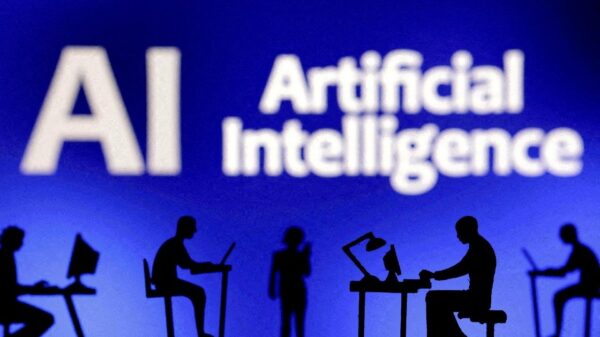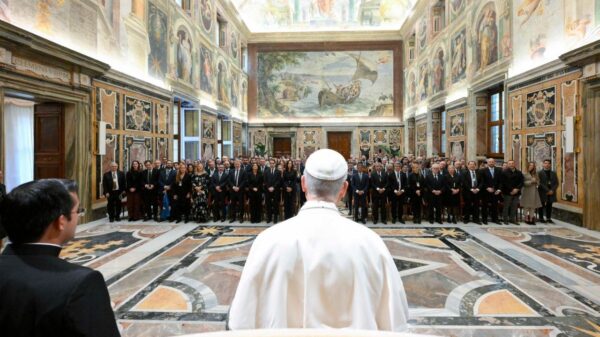The Catholic Church has identified the theme for the 60th World Communications Day as “Preserving Human Voices and Faces,” a choice announced by the Dicastery for Communication on September 29, 2025. This decision reflects the urgent concern the Church feels about the rapid advancements in artificial intelligence (AI) and the associated risks. Pope Leo XIV, who has made this topic a cornerstone of his papacy, draws a parallel between today’s AI evolution and the industrial revolution addressed by his predecessor, Pope Leo XIII, in his historic encyclical, Rerum Novarum. Pope Leo XIV emphasizes that the current developments in AI present new challenges for human dignity, justice, and employment.
In an interview with Elise Ann Allen, a senior journalist at Cruz, Pope Leo expressed his reservations about AI technology. He disclosed that a request had been made to create an artificial version of him, enabling individuals to have a virtual audience with the Pope. The Holy Father firmly rejected this idea, underscoring the importance of genuine human interactions. He remarked, “Our human life makes sense not because of artificial intelligence, but because of human beings and encounter, being with one another, creating relationships, and discovering in those human relationships also the presence of God.” He elaborated on the difficulty of finding signs of God’s presence in AI, contrasting it with the richness of human relationships.
Importantly, the Pope does not dismiss technology’s role in spreading the Gospel. Carlo Acutis, recently beatified, stands as a prime example. In 2005, this young teenager harnessed technology to document global Eucharistic miracles on a website, believing that scientific evidence would lead people back to the Catholic faith. This illustrates how technology can serve as a force for good, provided it is approached with mindfulness about its limitations. The Dicastery for Communication asserts that while AI tools can enhance efficiency, they cannot replace the uniquely human capacities for empathy, ethics, and moral responsibility. “Public communication requires human judgment, not just data patterns,” it noted, emphasizing that machines should facilitate human connections rather than undermine them.
Some proponents of AI argue that advanced systems might one day be capable of articulating Catholic doctrine and addressing theological objections, provided they are programmed with appropriate data. However, equating the Church’s mission of spreading the Gospel to merely delivering computed speech would fundamentally misinterpret its essence. The act of conveying Truth is central to the Church’s calling, but this must stem from love, reflecting God’s essence as Love itself. The Gospel of John reminds us that “The Word became flesh and made his dwelling among us” (John 1:14), emphasizing the divine choice to embody humanity.
The Incarnation as a Model for Communication
Saint Thomas Aquinas, in his work Summa Theologiae, discusses the necessity of God’s Incarnation for human redemption, asserting that visible manifestations facilitate an understanding of divine truths. God’s choice to become incarnate serves as the ultimate model for human interaction, illustrating that authentic relationships are essential for meaningful communication of faith. As Aquinas points out, experiencing love inspires reciprocal love. This dynamic underlines the Church’s mission: to convey the Gospel through both words and actions.
God’s Incarnation represents the most profound expression of divine love, highlighting the importance of personal connection in disseminating the Gospel. The Church’s outreach should mirror God’s approach—fostering real relationships rather than replacing them with artificial substitutes. Aquinas articulates that God’s Incarnation fosters a familial bond with humanity, enabling individuals to recognize divine love through visible forms.
The Limitations of AI in Spiritual Matters
AI, by its nature, lacks the ability to love or express gratitude. While it may serve as a tool for spreading the Gospel, its efficacy hinges on the moral and rational guidance of humanity. The preservation of human voices and faces is thus paramount for the Church’s mission. God’s love is best manifested through interpersonal relationships, as underscored by the Incarnation. Moreover, the purpose of human existence is to participate in divine goodness through authentic connections, which AI cannot replicate.
In conclusion, the implications of Pope Leo XIV’s theme for World Communications Day remind us that while technology can enhance our efforts in evangelism, it should never supplant the irreplaceable value of human interaction. As the Church navigates the evolving landscape of AI, its commitment to preserving human dignity and fostering genuine relationships remains essential in its mission to spread the Good News.
See also Hugging Face CEO Declares LLM Bubble; Emphasizes Shift to Specialized AI Models
Hugging Face CEO Declares LLM Bubble; Emphasizes Shift to Specialized AI Models Senators Introduce Bipartisan AI Security Bill for NSA Playbook Against Foreign Threats
Senators Introduce Bipartisan AI Security Bill for NSA Playbook Against Foreign Threats Google DeepMind Launches AI Research Lab in Singapore to Boost APAC Innovation
Google DeepMind Launches AI Research Lab in Singapore to Boost APAC Innovation University of Utah Launches ChatGPT Edu, Enhancing AI Tools for Campus Community
University of Utah Launches ChatGPT Edu, Enhancing AI Tools for Campus Community Harvard Probes Larry Summers Over Epstein Emails Amid OpenAI Board Resignation
Harvard Probes Larry Summers Over Epstein Emails Amid OpenAI Board Resignation










